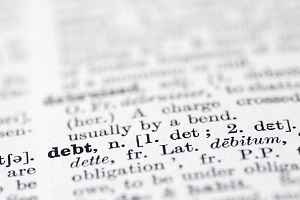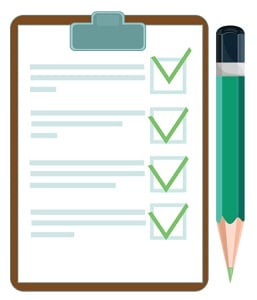Sometimes, the best way to understand that you are not alone in your financial distress and the emotional despair that comes with it is to share a story of someone who has been in your shoes. So I’ve asked Patrick* if he was willing to share his story with you. He isn’t the stereotypical candidate for bankruptcy – in fact, most filers don’t fit that mold – and his journey is representative of many that come through our doors.
Meet Patrick
My story may sound familiar to you if you are dealing with overwhelming debt. My name is Patrick. My wife and I were both successful in our careers and blessed to have a good income to support our children and our lifestyle. This was until I was laid off from my job two years ago. I qualified for unemployment and we managed to make ends meet by cutting expenses and making lifestyle changes. Unfortunately, my unemployment ran out before I was able to find another job. My wife and I both assumed that I would be able to find another job within a short period of time; however, due to the recession and the economy, jobs within my industry were difficult to come by.
After my unemployment ended, we were unable to keep up with our living expenses, in addition to our other monthly bills. Of course, we tried to keep our mortgage and car payments current because they were necessary for our survival. We did not pay our credit cards, personal loans and medical bills in favor of paying our house payment, car payments and living expenses. We managed to hang on for several month months but eventually one of our vehicles was repossessed. Creditors and collection agencies would call at all hours of the day and night, they even began calling my wife at work and threatening to file lawsuits. We received notice that we owed a deficiency on our car loan and they would be seeking a judgment to force us to pay the amount due. It seemed that the more we tried to settle with creditors, the more aggressive and demanding they became.















